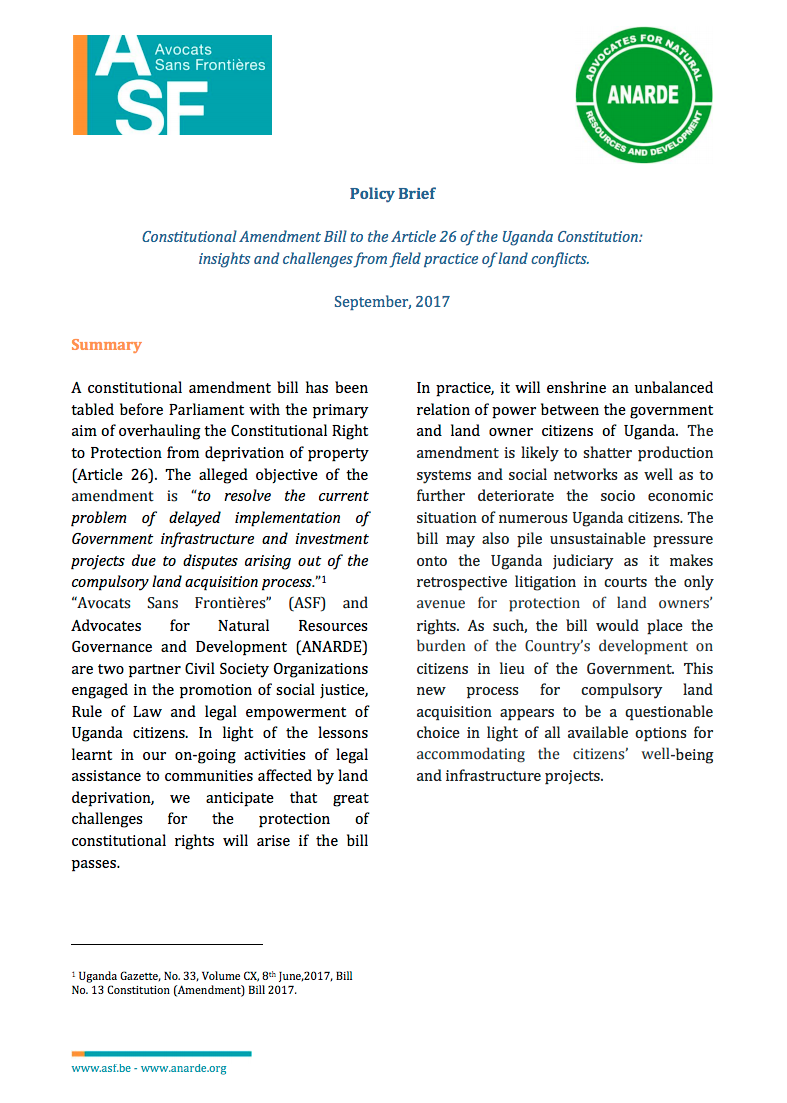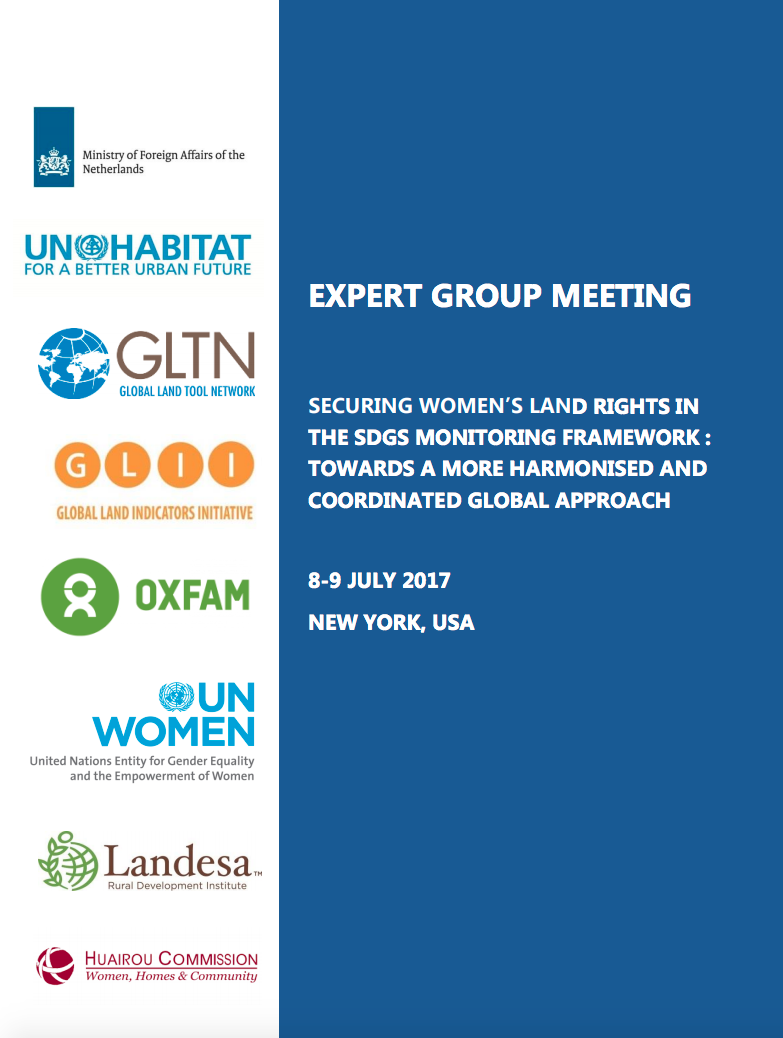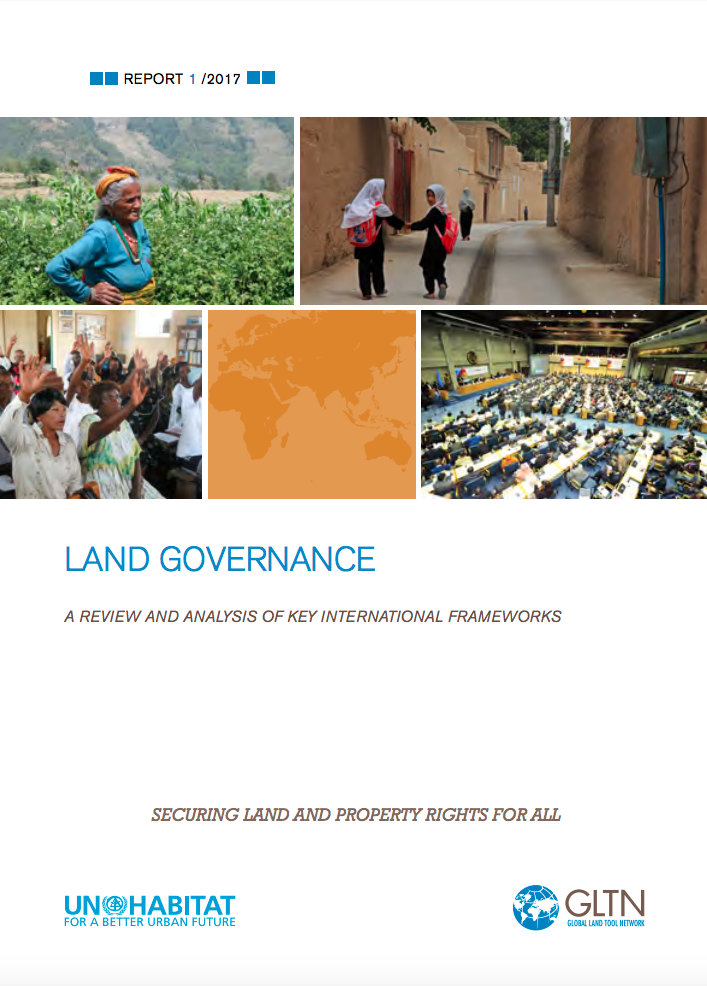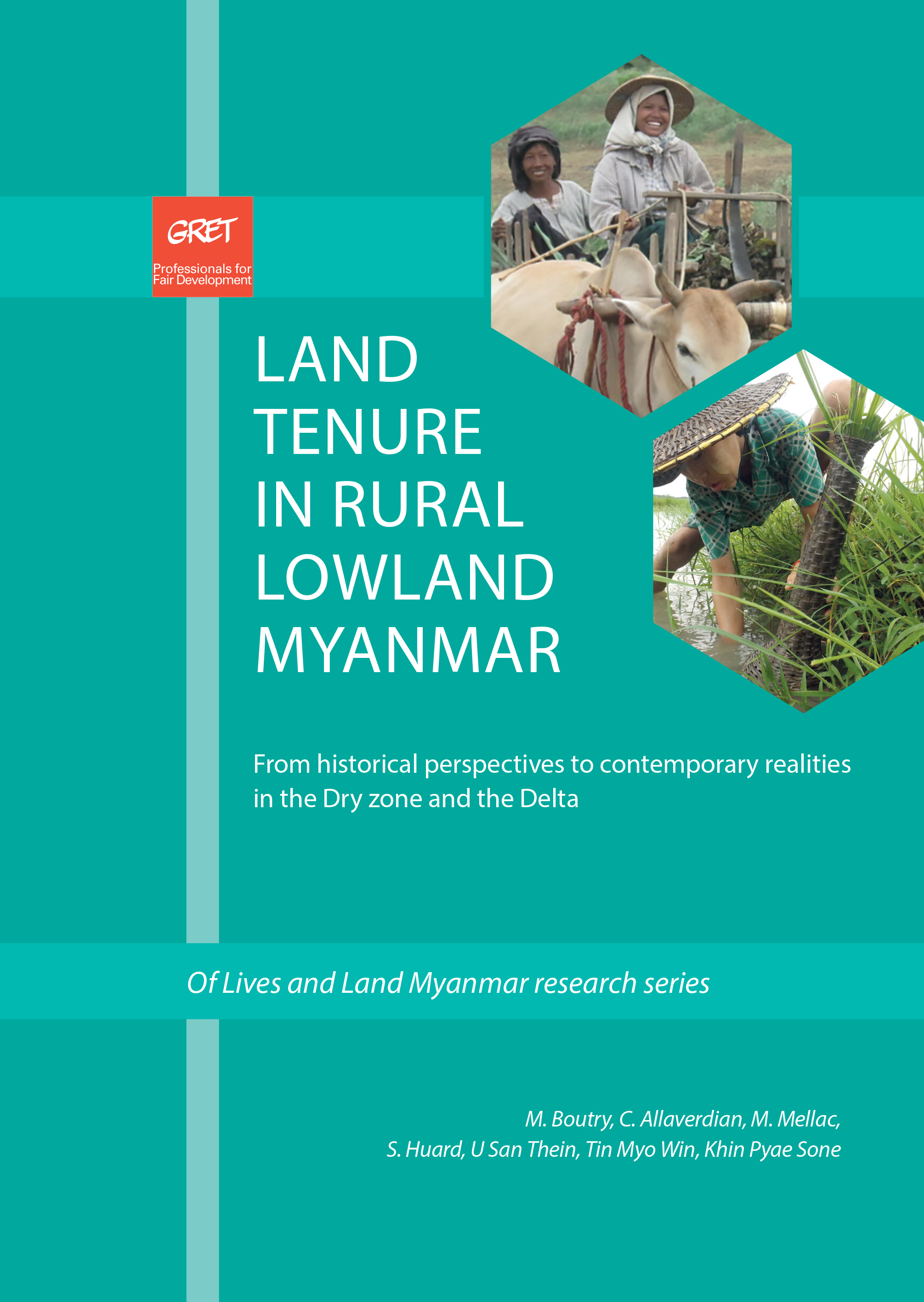Analyse des systèmes de production du périmètre irrigué de Sélingué (Mali)
Le développement de l’irrigation fait partie des stratégies prioritaires dans les pays du Sahel pour lutter contre la pauvreté et l’insécurité alimentaire. À l’heure où les gouvernements s’engagent, une fois de plus, à augmenter les superficies irrigables, il a semblé pertinent d’analyser, conformément aux lignes directrices de la CEDEAO, les résultats obtenus sur des grands périmètres aménagés dans les années 80 et 90 afin d’en tirer les leçons pour les aménagements futurs.









